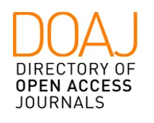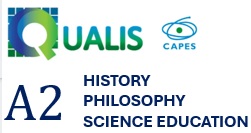Fleck as a theorist of thought as res gestae
Or, Does a pair of dots in Swedish matter?
DOI:
https://doi.org/10.24117/2526-2270.2016.i1.04Keywords:
Ludwik Fleck, Thought, Action, Processes of Intellectual Interaction, Language, HumorAbstract
Fleck’s “comparative epistemology” approached its main object, thought, as human action. Using English and Swedish translations as test cases, this article ascribes significance to Fleck’s preference for the verb denken in forming his core terminology (Denkstil, Denkkollektiv, Denkverkehr). Fleck referred to “thinking” (the word he preferred in English) as Tätigkeit. This is juxtaposed with an anglophone tradition in intellectual history harking back to Collingwood and speech-act philosophy. Still, Fleck’s stress on the profoundly social nature of denken (always being interaction) is his distinctive characteristic as a theorist of thought as things done. Furthermore Fleck’s approach was formed to deal with any kind of thought, and this was important to his dealing with the special cases of science. The term Denkverkehr (“traffic/intercourse” in thought) is also examined within an argument stressing the deliberateness of Fleck’s linguistic choices and his flair for pursuing deeply serious intents by means of playfulness and humor.Downloads
Published
2016-12-29
Issue
Section
Dossiers (Issue-specific topics)
License
Copyright (c) 2016 David Östlund

This work is licensed under a Creative Commons Attribution 4.0 International License.
How to Cite
“Fleck As a Theorist of Thought As Res Gestae: Or, Does a Pair of Dots in Swedish Matter?”. 2016. Transversal: International Journal for the Historiography of Science, no. 1 (December). https://doi.org/10.24117/2526-2270.2016.i1.04.












